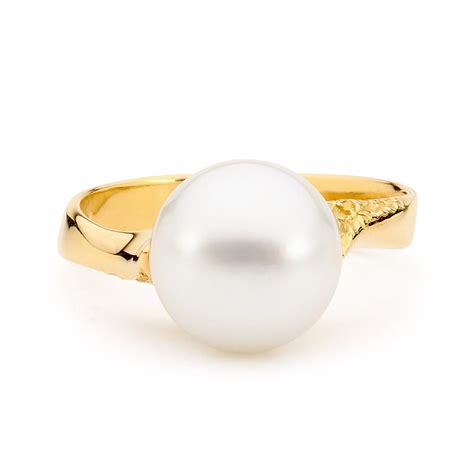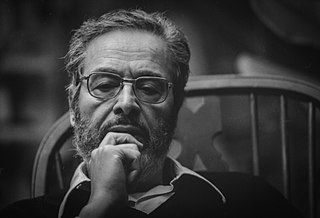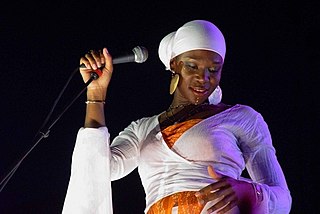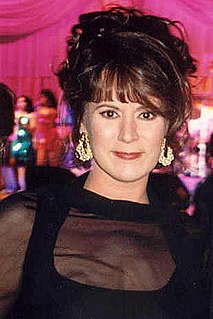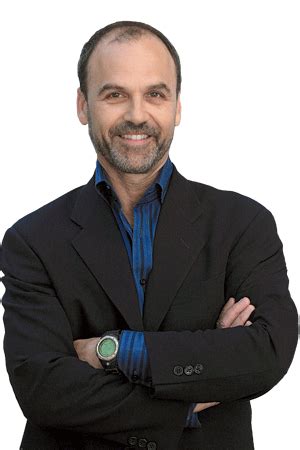A Quote by Sterling K. Brown
It's the people who don't recognize the racism within themselves that can be the most damaging because they don't see it.
Related Quotes
I just don't think there's that many people who think it's wrong to have control on our borders. That's not racism. It's not racism to question some of the political correctness today that's going on, to recognize that things are going as well as - for American workers, as they'd like, because people, their frustration is arising from a deep sense of unease that Washington is fiddling while their house is burning.
Even if I don't always behave as I should, this still doesn't explain why so many people have something against me. But you know how it is. A lot of people vent themselves by coming to the stadium to yell at me. I hope it's not racism. I tell myself that it's not racism; it's because I'm tough, and I repeat this to myself.
The most enlightened people in the world embrace their full potential of light and dark. When you're with people who recognize and own their negative qualities, you never feel judged by them. It's only when people see good and bad, right and wrong, as qualities outside themselves that judgments occur.
You know how people are becoming sexually active way too early because they think it's going to be like it is in the movies. And people are not aware of their bodies in a certain way, because they are afraid to see themselves for who they are because they want to see themselves in someone else's shoes or whatever.
This film isn't about "white racism", or racism at all. DEAR WHITE PEOPLE is about identity. It's about the difference between how the mass culture responds to a person because of their race and who they understand themselves to truly be. And this societal conflict appears to be one that many share.
The ones I love most are the people who the flaws show. I like doing characters that we see the total person. If people get afraid to show the flaws because they think, "Oh, then nobody will like them," then you end up with a lot of products, and everybody wants to be frigging heroic all the time - not what people are trapped in every day, like your skirt being in your panties after you walk out of the bathroom. Being human. Sometimes when people are drawn to your work, they're drawn because they recognize themselves or their loved ones or their neighbor in it.
The problem is that white people see racism as conscious hate, when racism is bigger than that. Racism is a complex system of social and political levers and pulleys set up generations ago to continue working on the behalf of whites at other people's expense, whether whites know/like it or not. Racism is an insidious cultural disease. It is so insidious that it doesn't care if you are a white person who likes Black people; it's still going to find a way to infect how you deal with people who don't look like you.

